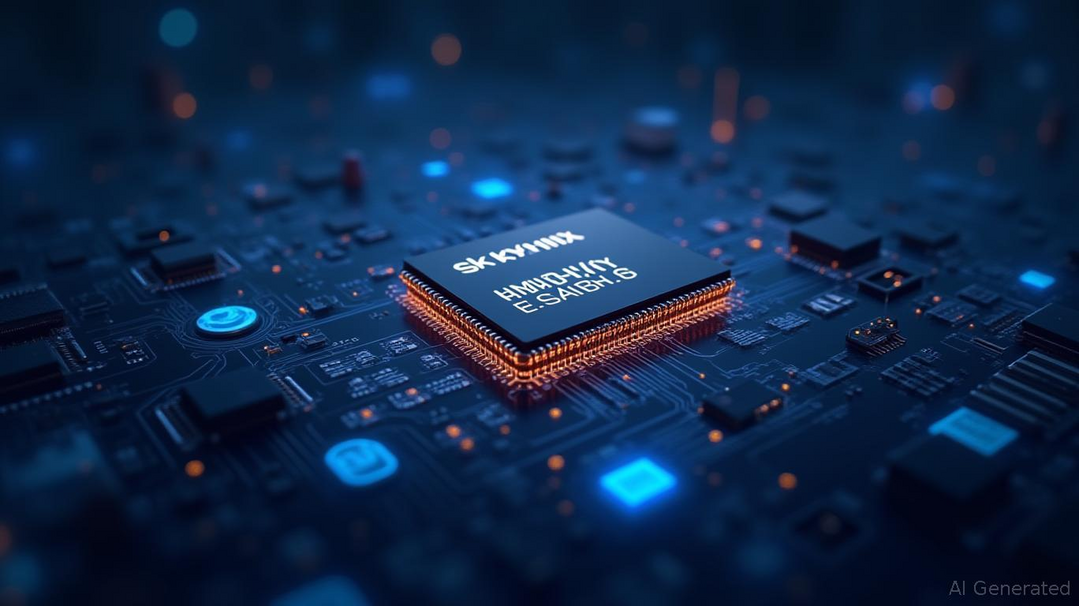
The memory market is experiencing a significant uplift, driven by the booming demand for artificial intelligence (AI) technologies. As major tech companies expand their investments in AI data centers, orders for high-bandwidth memory (HBM) chips, essential components for AI processors, are surging, according to a report from Reuters on August 11.
Micron Technology, a key player in the global HBM market alongside SK Hynix and Samsung Electronics, has revised its financial forecast for the fourth quarter of the fiscal year. The company's revenue outlook was raised from the previous $10.4-$11.0 billion to $11.1-$11.3 billion. Similarly, the adjusted earnings per share (EPS) forecast was increased from $2.35-$2.65 to $2.78-$2.92. The company attributed this positive adjustment to improved pricing, particularly for its DRAM products.
Sumit Sadana, Micron's Chief Business Officer, commented that "pricing trends are very strong, and we've been very successful with price increases." Jacob Born, an analyst at market research firm eMarketer, noted that supply constraints in HBM production combined with robust AI demand have enabled Micron to set higher prices for its products. This marks a significant shift from the past, when memory chip manufacturers often had to accept lower profit margins.
Following this announcement, Micron's stock price saw an approximately 3% increase. The company is a key supplier of HBM-integrated memory chips to industry giants like Nvidia and AMD.
The article also highlighted the broader market dynamics. While U.S. President Donald Trump has signaled a potential 100% tariff on semiconductors, an exception is expected for companies that have committed to and are actively building production facilities within the United States. Micron, for instance, announced in June that it would increase its domestic investment by $30 billion, bringing its total U.S. investment to $200 billion.
In a similar vein, SK Hynix had also previously stated its intention to increase investment this year. During its second-quarter earnings conference call on July 24, SK Hynix said, "Despite concerns about a potential slowdown in demand in the second half of the year due to higher-than-expected shipments in the first half, the possibility of a sharp market change seems low." The company added that "proactive investment is necessary to ensure a smooth supply of HBM to customers next year, and therefore, this year's investment will be higher than originally planned."
The overall market trend indicates a strategic shift by major memory manufacturers to capitalize on the high-demand, high-margin AI market, moving away from past cycles of oversupply and price volatility. This sustained demand is not only boosting revenues but also enabling companies to command better pricing for their advanced memory products.
[Copyright (c) Global Economic Times. All Rights Reserved.]




























